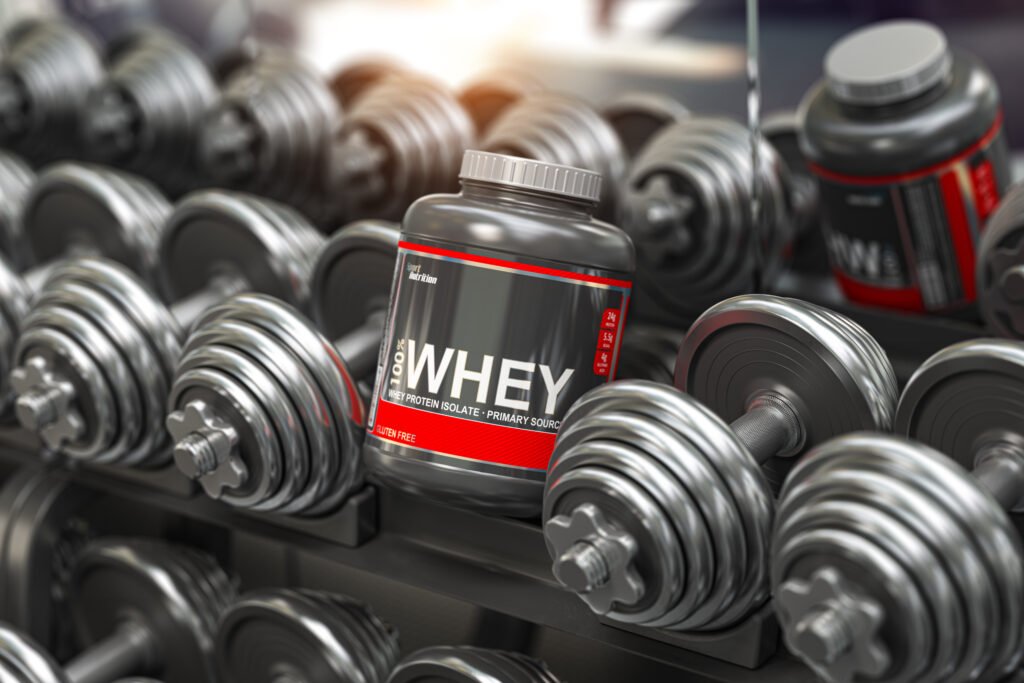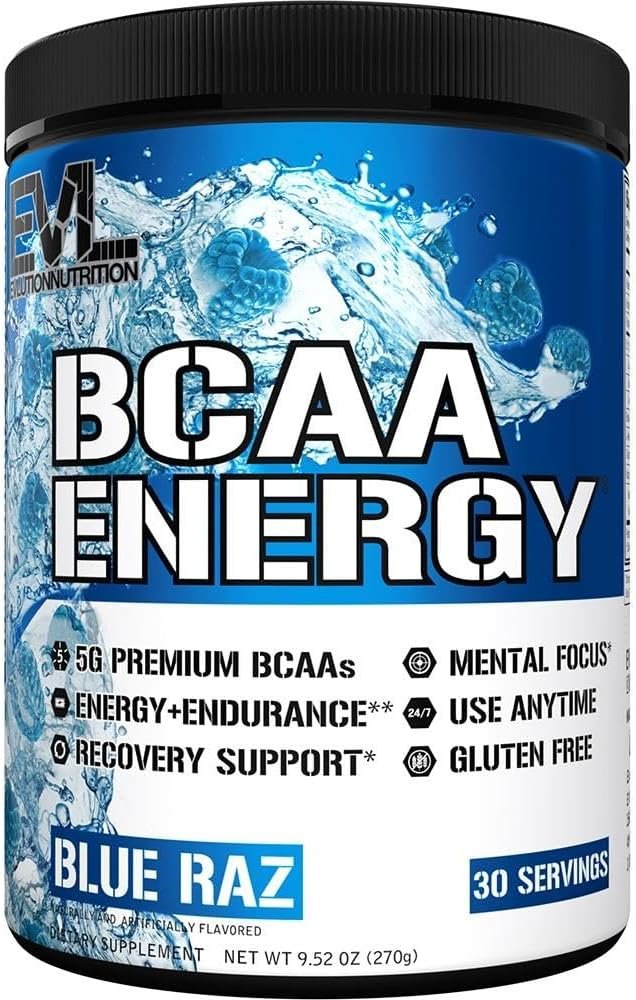Essential Sports Supplements for Athletes in 2024: Unlocking Your Best Performance
Understanding the Role of Sports Supplements
Sports supplements play a significant role in an athlete’s regimen, serving to enhance performance, support recovery, and address potential nutritional gaps in an individual’s diet. As athletes push their bodies to the limits, the nutritional demands increase, often surpassing what can be achieved through food alone. Sports supplements can bridge this gap, providing concentrated doses of essential nutrients that support various aspects of athletic performance.
Research has shown that specific supplements, such as protein powders, creatine, and branched-chain amino acids (BCAAs), can positively impact an athlete’s performance. For example, protein supplementation promotes muscle repair and growth, especially after strenuous workouts. Creatine, on the other hand, is proven to enhance strength and increase lean muscle mass by replenishing ATP stores, leading to improved performance during high-intensity exercise. Similarly, BCAAs can aid in reducing muscle soreness and fatigue, allowing athletes to recover more efficiently and train harder.
However, integrating supplements into a training and dietary regimen requires careful consideration. Athletes should prioritize whole foods as the primary source of their nutrition while using supplements to complement their diet. It is essential to consult with healthcare professionals or a registered dietitian to create a personalized supplementation plan that meets individual needs and goals. Moreover, awareness of the potential for contamination or banned substances in certain supplements is crucial, particularly for those competing at elite levels.
In essence, when used appropriately, sports supplements can be a valuable addition to an athlete’s nutrition strategy. They may not replace a balanced diet, but they can significantly enhance performance and recovery, ultimately unlocking an athlete’s best potential.
Top Supplements Athletes Should Consider in 2024
As athletes continuously seek ways to enhance their performance, choosing the right sports supplements becomes paramount. In 2024, the following categories of supplements stand out for their effectiveness and supportive roles in an athlete’s training regimen.
Protein Powders: Protein is essential for muscle repair and growth. In 2024, athletes should consider whey protein, which is rapidly absorbed and ideal post-workout. For those looking for plant-based options, pea and hemp protein provide excellent amino acid profiles. The recommended dosage typically ranges from 20 to 30 grams per serving, consumed immediately after workouts. Potential side effects can include digestive discomfort, so it may be beneficial to experiment with different types to find one that suits your body.
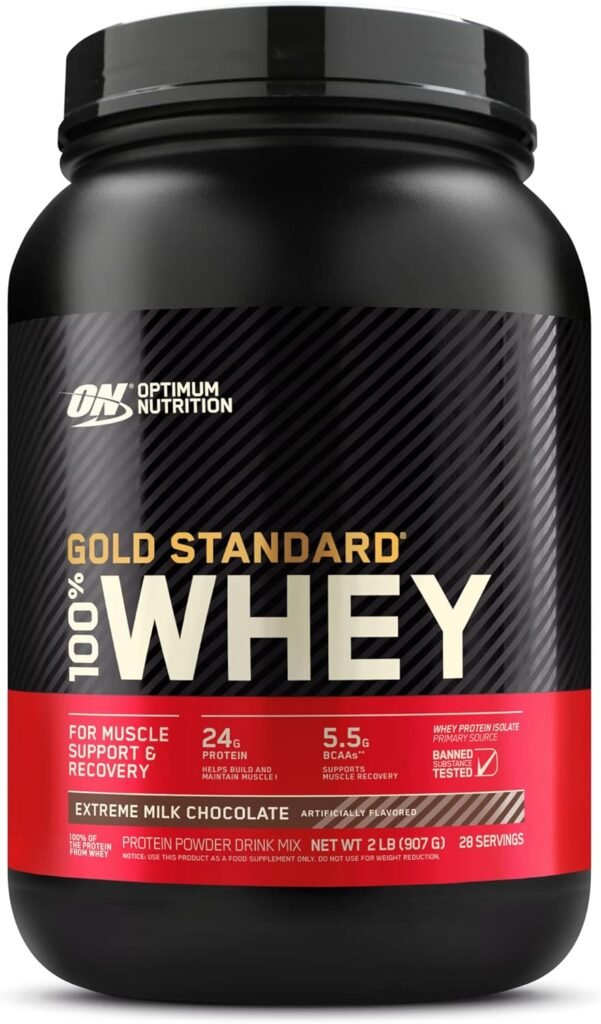
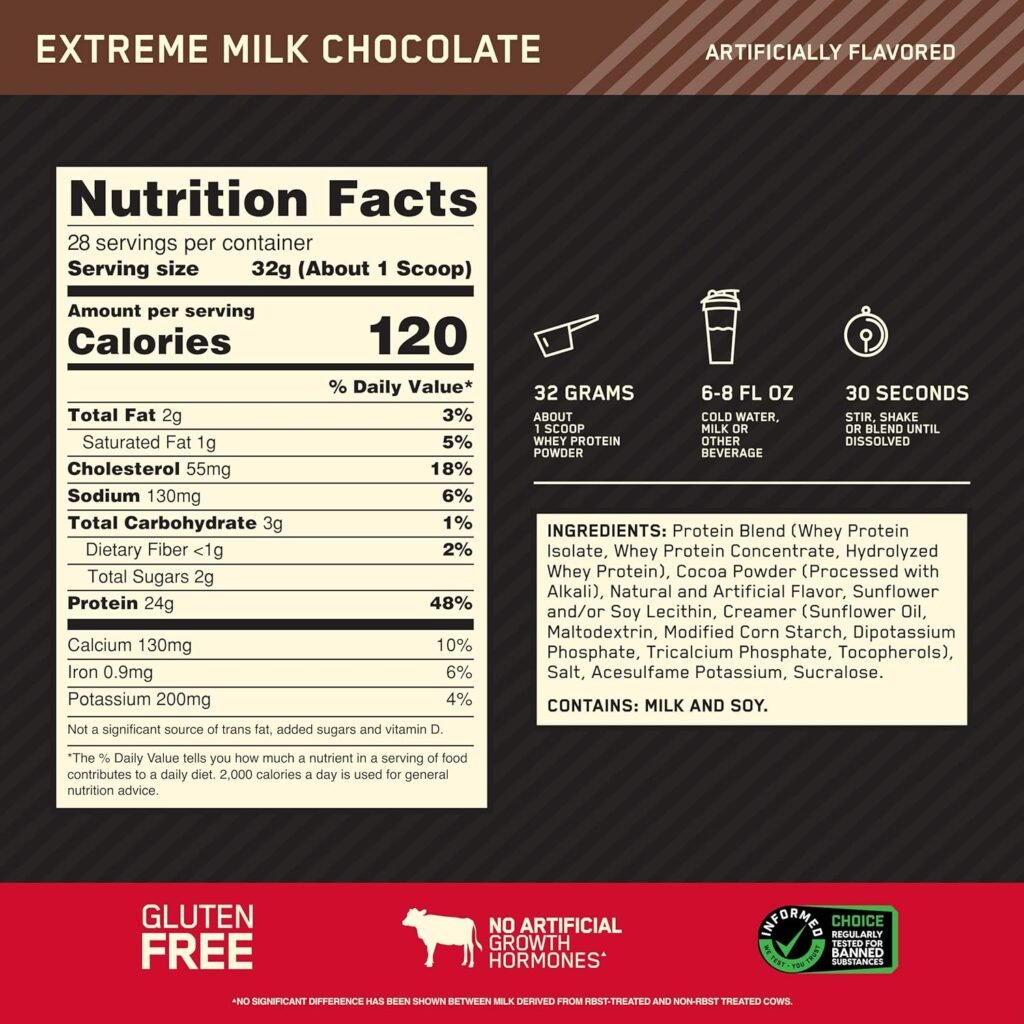
buy now
Creatine: Creatine remains a staple for athletes aiming to improve strength and power output. This supplement enhances ATP production during high-intensity exercise, allowing for increased performance. A common dosage is 5 grams daily, often taken in conjunction with carbohydrate sources to enhance uptake. While generally considered safe, some individuals may experience water retention or gastrointestinal issues.
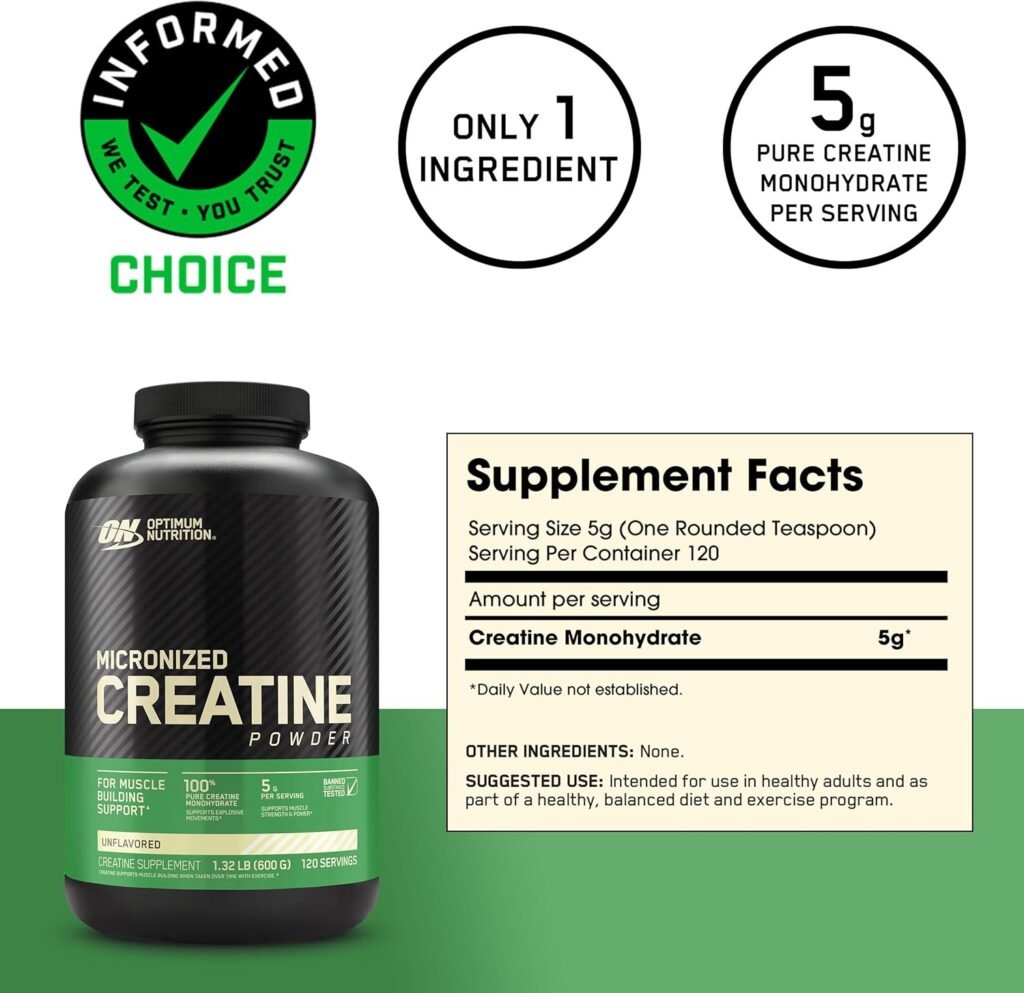
Buy now
BCAAs (Branched-Chain Amino Acids): BCAAs play a crucial role in muscle recovery and can reduce exercise-induced soreness. Athletes may benefit from a dosage of 5 to 10 grams before or after workouts. The side effects are minimal, but excessive intake can lead to fatigue and loss of coordination.
Vitamins and Minerals: Micronutrients like Vitamin D, calcium, and magnesium are essential for overall health and performance. Athletes in 2024 should ensure they are meeting their nutritional needs through a balanced diet. However, supplementation may be necessary for those with deficiencies. Recommended dosages can vary greatly, so laboratory testing and consultation with a nutritionist are recommended prior to supplementation.
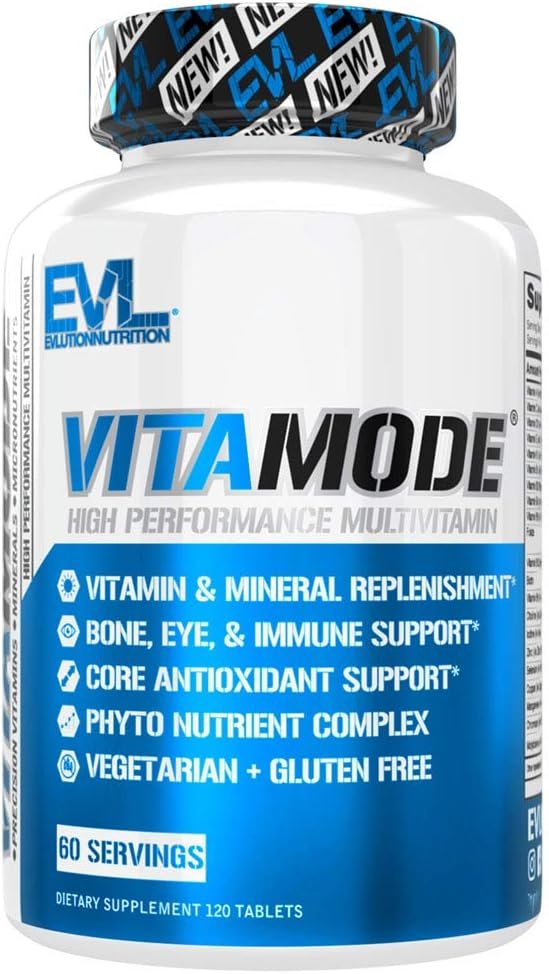
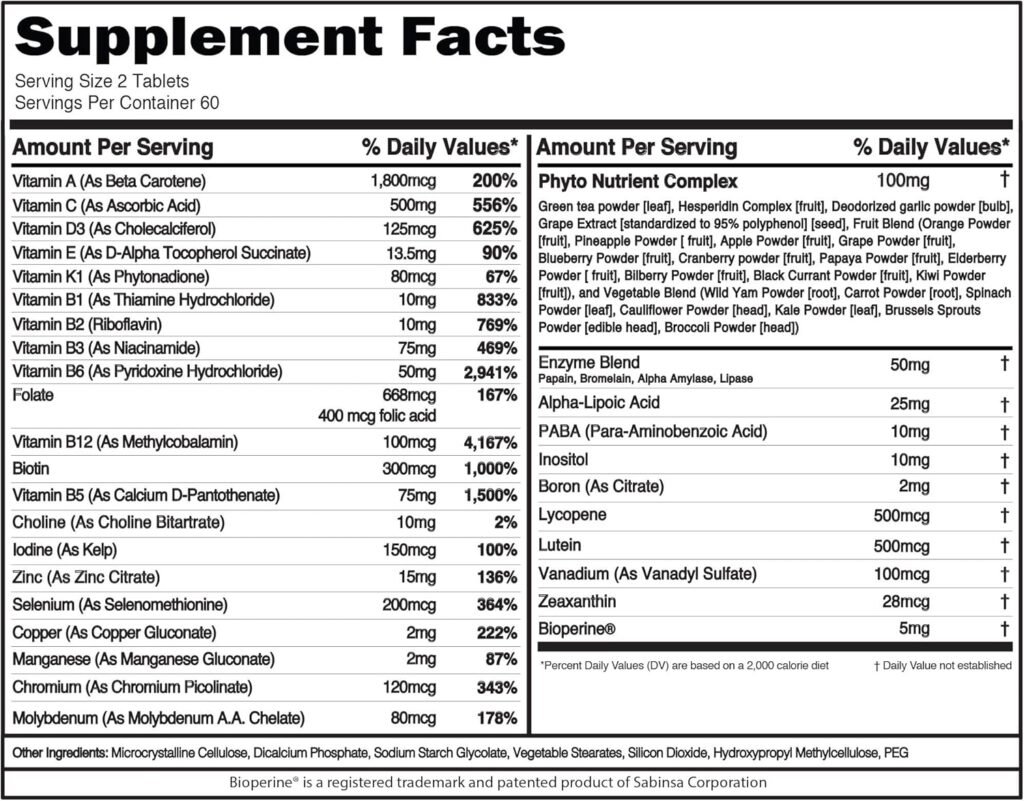
BUY NOW
By incorporating these essential supplements into their dietary regimens, athletes can strategically support their health and enhance their performance throughout the year.
Tailoring Supplementation to Individual Needs
Personalized supplementation for athletes in 2024 is crucial in optimizing performance and promoting overall health. Each athlete has distinct needs influenced by various factors, including age, gender, training intensity, and specific sport requirements. Understanding these variables is essential for creating an effective supplementation plan that enhances performance without compromising health.
Age plays a significant role in determining an athlete’s supplement needs. Younger athletes may require different nutrients for growth and development compared to older athletes, who may need supplements to support recovery and joint health. Similarly, gender differences can affect metabolic rates and nutrient absorption, influencing the types and amounts of supplements necessary for optimal performance. For instance, female athletes often need to pay additional attention to iron and calcium intake due to their unique physiological requirements.
The intensity and type of training an athlete engages in also greatly impact their supplement needs. Endurance athletes may benefit from electrolyte-replenishing supplements during lengthy workouts, while strength athletes may require additional protein to support muscle repair and growth. Furthermore, the specific demands of a sport can dictate the focus of supplementation, whether it’s enhancing stamina, improving strength, or accelerating recovery.
To develop a bespoke supplementation strategy, it is advisable for athletes to consult with nutritionists or health professionals. These experts can assess individual dietary habits, training regimes, and health concerns to recommend tailored supplementation. A well-designed plan not only aligns with an athlete’s unique goals but also ensures that they are receiving the right nutrients in the appropriate amounts to support their performance and recovery.
By considering personal factors and professional guidance, athletes can unlock their best performance potential through tailored sports supplementation that meets their individual needs.
Staying Informed: Trends in Sports Supplements for 2024
As we advance into 2024, the sports supplement industry continues to evolve, reflecting a growing awareness among athletes regarding their health and performance needs. One significant trend is the increasing demand for natural ingredients. Athletes are becoming more health-conscious, seeking products that contain organic and minimally processed components. This shift has led to the popularity of supplements derived from whole food sources, such as plant extracts and superfoods, which are perceived to offer superior health benefits and fewer side effects.
Plant-based supplements are becoming increasingly prominent in the marketplace. These alternatives appeal not just to vegan athletes but also to those looking for sustainable options that align with a health-focused lifestyle. Ingredients like pea protein, quinoa, and spirulina have gained traction as effective substitutes to traditional protein powders. This trend signifies a broader acceptance of plant-based nutrition within the athletic community, prompting manufacturers to innovate and create high-quality products that support muscle recovery and performance enhancement without compromising dietary choices.
Furthermore, transparency and quality assurance are more crucial than ever. Athletes are encouraged to scrutinize product labels for clarity regarding ingredient sourcing and formulation. The rise in consumer awareness has pushed brands to adopt stringent testing protocols and provide certifications that assure purity and potency. Additionally, the integration of technology in supplement manufacturing allows for greater traceability of ingredient origins, fostering trust between brands and athletes.
Keeping abreast of current research advancements is essential for athletes aiming to optimize their performance. Staying informed about new formulations, scientific studies, and evolving guidelines can pave the way for more effective supplement choices. Engaging with reputable sources, attending industry conferences, or consulting with sports nutrition experts can help athletes navigate the shifting landscape and tailor their supplement regimen to enhance their overall health and athletic capabilities.

